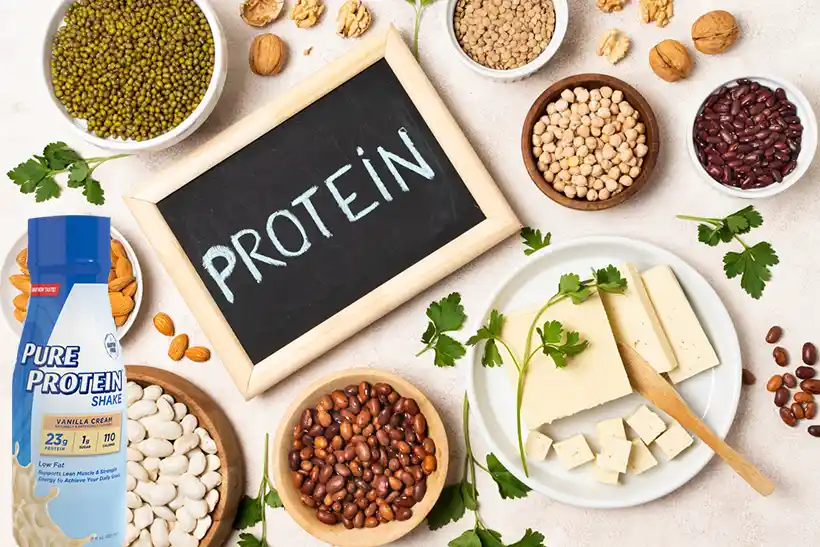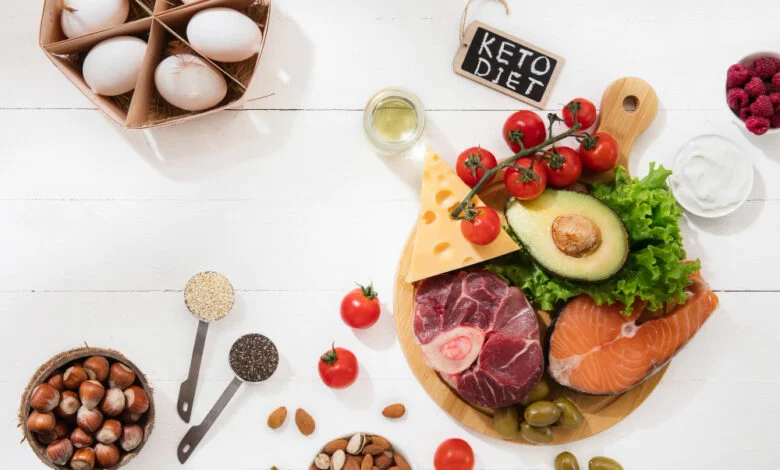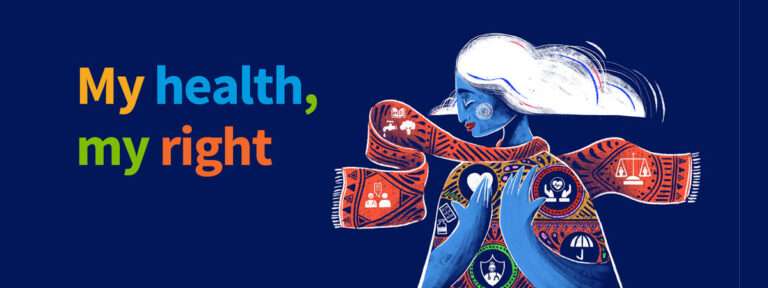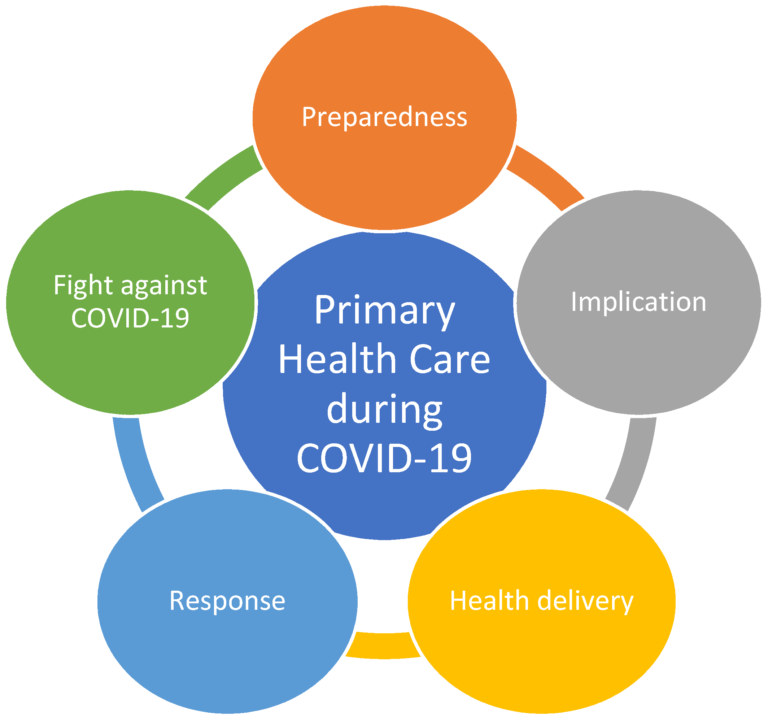
Protein is one of the most important nutrients for the human body. It helps in muscle growth, repair, and overall health. Whether you are an athlete, fitness enthusiast, or just someone who wants to stay healthy, protein is essential. In this article, we will discuss everything about protein, including its sources, benefits, and how much you need daily.
What is Protein?
Protein is a macronutrient made up of amino acids, which are the building blocks of the body. It is essential for:
- Building and repairing muscles
- Supporting immune function
- Producing enzymes and hormones
- Providing energy when needed
Types of Protein
There are two main types of protein:
- Animal-Based Protein
- Found in meat, fish, eggs, and dairy products.
- Complete protein source (contains all essential amino acids).
- Plant-Based Protein
- Found in beans, lentils, nuts, seeds, and grains.
- Some plant proteins are incomplete, but combining different sources can provide all essential amino acids.
Best Sources of Protein
Animal Sources
- Chicken breast
- Fish (salmon, tuna)
- Eggs
- Milk, yogurt, cheese
- Lean beef and pork
Plant Sources
- Lentils and beans
- Chickpeas
- Tofu and tempeh
- Nuts and seeds (almonds, chia seeds, flaxseeds)
- Quinoa and whole grains
Benefits of Protein
- Muscle Growth and Repair – Helps in muscle building and recovery after exercise.
- Weight Management – Keeps you full for longer, reducing overeating.
- Stronger Bones – Essential for bone health and preventing osteoporosis.
- Boosts Metabolism – Increases calorie burning through digestion.
- Improves Immune System – Helps in producing antibodies to fight infections.
- Supports Hair and Skin Health – Strengthens hair and skin cells.
How Much Protein Do You Need?
The daily protein requirement varies based on age, gender, and activity level:
- Sedentary Adults: 0.8 grams per kg of body weight
- Active Individuals: 1.2 – 2.0 grams per kg
- Athletes and Bodybuilders: 1.5 – 2.5 grams per kg
- Pregnant and Nursing Women: 1.0 – 1.5 grams per kg
Protein Deficiency: Signs and Symptoms
If you do not consume enough protein, you may experience:
- Weak muscles and fatigue
- Hair loss and brittle nails
- Weak immune system
- Slow recovery from injuries
- Increased hunger and cravings
Can You Consume Too Much Protein?
While protein is essential, excessive consumption can cause:
- Kidney strain (especially for those with kidney issues)
- Digestive problems like bloating and constipation
- Increased risk of heart disease if consuming too much red meat
- Dehydration due to increased nitrogen levels
Best Time to Consume Protein
- Morning: Helps in muscle repair after sleep.
- Before Workout: Provides energy and improves performance.
- After Workout: Aids in muscle recovery and growth.
- Before Bed: Slow-digesting proteins (casein) help muscle repair overnight.
Protein Supplements: Do You Need Them?
Protein supplements like whey, casein, and plant-based powders are helpful if you struggle to meet your daily protein intake. However, natural food sources should always be the first choice.

FAQs
1. What is protein?
Protein is an essential nutrient that helps build and repair body tissues, muscles, and organs. It is made up of amino acids.
2. Why is protein important?
Protein is important for muscle growth, energy, immunity, and overall body function. It also helps in weight management.
3. What are the best sources of protein?
Good sources of protein include:
- Animal sources: Eggs, chicken, fish, dairy products
- Plant sources: Lentils, beans, tofu, nuts, seeds
4. How much protein do I need daily?
The daily protein requirement varies by age, gender, and activity level. On average:
- Men: 56 grams per day
- Women: 46 grams per day
- Athletes: Higher intake based on training level
5. Can I get enough protein from a vegetarian diet?
Yes, a well-balanced vegetarian diet with legumes, nuts, tofu, and dairy can provide sufficient protein.
6. What happens if I don’t get enough protein?
Protein deficiency can cause muscle loss, weakness, fatigue, hair loss, and a weak immune system.
7. Can too much protein be harmful?
Yes, excessive protein intake can strain the kidneys and lead to digestive issues. Balance is key.
8. Is protein powder necessary?
Protein powders are helpful for athletes and those with high protein needs but are not necessary if you eat a balanced diet.
9. What is the best time to eat protein?
Protein can be eaten at any time, but it’s best to have it after workouts for muscle recovery.
10. Does protein help with weight loss?
Yes, protein keeps you full for longer and helps in fat loss while preserving muscle mass.
11. Are plant-based proteins as good as animal proteins?
Yes, plant proteins can be equally effective if you consume a variety of sources to get all essential amino acids.
12. Where can I find high-quality protein supplements?
You can find high-quality protein supplements at wellhealthorganic.com for natural and organic options.
Conclusion
Protein is essential for a healthy body, strong muscles, and overall well-being. Whether you choose animal or plant-based sources, make sure to include enough protein in your diet daily. Balance is key – consume the right amount according to your needs and stay healthy!




